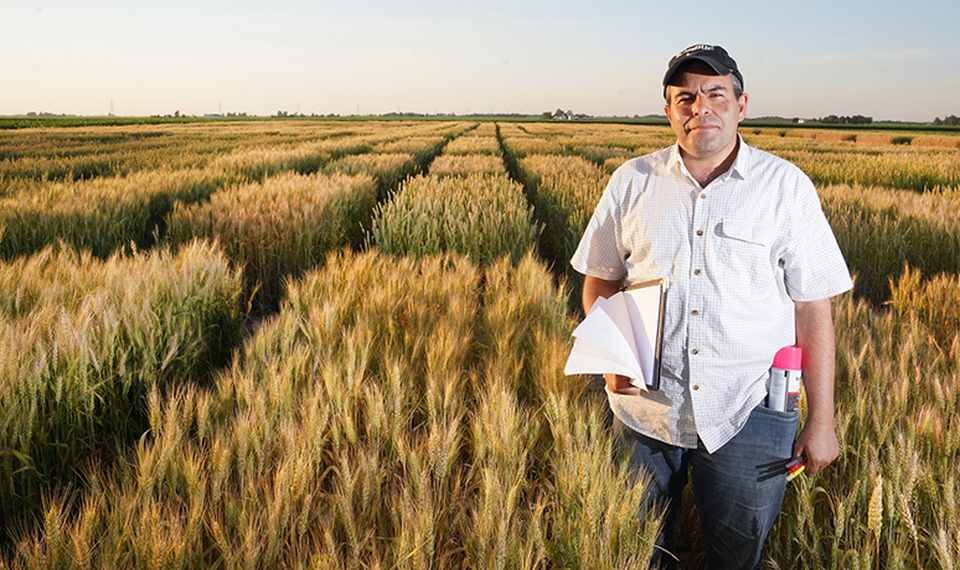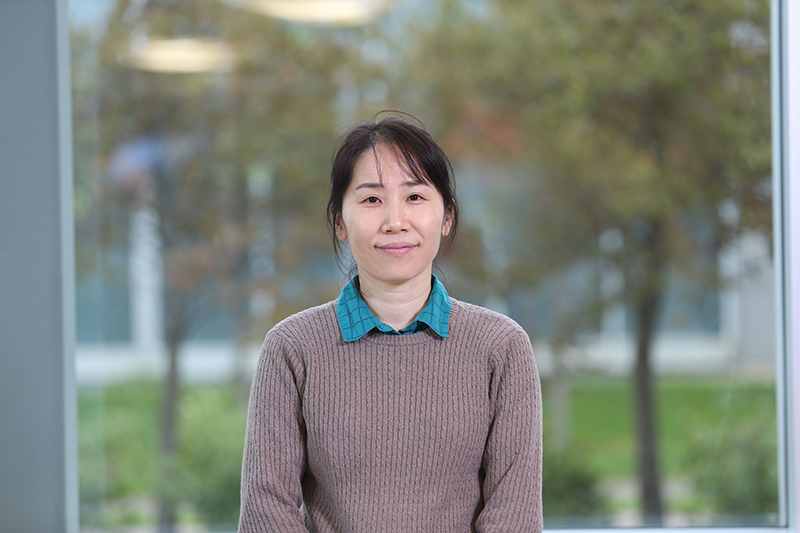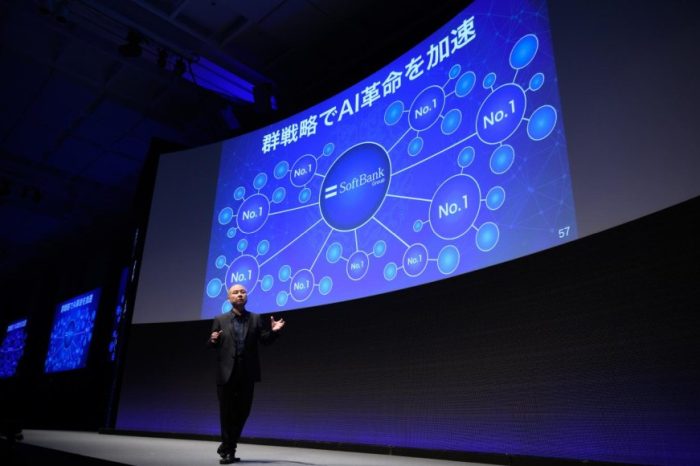Purdue researchers receive over $143,000 to strengthen marketplace interest in their IP

Purdue University innovators who create new processes and products need capital, among other resources, to bring their ideas to reality. A Purdue fund is making financial support available to help them further develop their work.
Researchers from the College of Agriculture and College of Engineering have received more than $143,000 from the Trask Innovation Fund to make their work more attractive for commercial use. The fund is managed by the Purdue Research Foundation Office of Technology Commercialization. It awards up to $50,000 for short-term projects that enhance the commercial value of an intellectual property. The application deadline for the next round of funding is Feb. 17.
Brooke Beier, Purdue Research Foundation’s senior vice president of commercialization, said researchers need funding to bridge the “valley of death” between creating innovations and advancing them to market.
“PRF recognizes that funding and other resources assist innovators and entrepreneurs in developing products viable for industry commercialization,” Beier said. “The Trask Innovation Fund complements the other resources provided under the Purdue Innovates brand.”

Xiulin Ruan, a Purdue University professor of mechanical engineering, holds up his lab’s sample of the whitest paint on record. The Purdue Research Foundation Office of Technology Commercialization awarded Ruan funding through its Trask Innovation Fund to support a project to make it more attractive for commercial use. (Purdue University/Jared Pike)
Abhijit Karve, the Office of Technology Commercialization’s director of business development, said recipients have used Trask Innovation Fund awards in several ways.
“Often, companies want additional validation of the technology before they can license it. Trask Innovation Fund awards have been used to develop prototypes, conduct tests, support students and generate data,” Karve said. “These steps add another round of validation for these researchers’ work and make it more attractive for the marketplace.”
Trask Innovation Fund recipients, their projects, and award amounts are:
- Jian Jin, College of Agriculture and College of Engineering, “PhenoBee: A Drone-Based Robot System for Single Leaf Scan with LeafSpec in the Soybean Field,” $25,000.
- Mohsen Mohammadi, College of Agriculture, “Efficient Genotype-Independent In-Planta Transformation of Wheat,” $47,773.
- Xiulin Ruan, College of Engineering, “Durable and Water-Based Radiative Cooling Paints,” $48,681.
- Gyeong Mee Yoon, College of Agriculture, “Constitutive Nuclear Targeting of CTR1 (CNTC) as a Genetic Tool to Confer a Drought Tolerant Trait to Soybeans,” $25,000.
Jin said researchers in his laboratory have been developing new sensing technology for next-generation plant phenotyping, which shows how genetics and the environment impact a plant’s characteristics and a crop’s yield performance.
“The newly awarded Trask funding will test PhenoBee, our new phenotyping drone robot, in the field and collect data to validate its accuracy and throughput for potential commercial applications,” Jin said. “We hope through this project we will be able to prove PhenoBee provides unprecedented crop phenotyping quality for earlier nutrients and disease detection based on the featured LeafSpec technology.”

Gyeong Mee Yoon, a Purdue University associate professor of botany and plant pathology, has created technology used to develop drought-tolerant soybean plants. Yoon has received funding from the Trask Innovation Fund, managed by the Purdue Research Foundation Office of Technology Commercialization, to further develop the technology. (Purdue Agricultural Communication photo/Tom Campbell)
Mohammadi said his team’s innovation enables fast-track genome editing and trait development to create wheat varieties that address challenges like salinity, drought, heat stress, diseases and pests.
“We will use this funding to evaluate the inheritance of traits to next generations and the applicability of the technique to develop better agronomic traits,” Mohammadi said.
Ruan said his research team has created ultrawhite radiative cooling paints that can cool below the ambient temperature under direct sunlight without consuming power.
“We will use the Trask award to further develop the paints and improve the readiness of the technology for market,” Ruan said. “The paint formulations will be optimized to enable anti-soiling hydrophobic surfaces and minimize the amount of volatile organic compound (VOC), resulting in formulations that will be durable and water-based radiative cooling paints.”
Yoon said their CNTC technology enhances plant stress responses by modulating the hormone ethylene. She said the funding will be used to develop drought-tolerant soybean plants.
“The success of this project will not only provide new drought-tolerant soybean genotypes, but also improve our understanding of how plant hormones regulate stress responses in crops,” Yoon said. “It could potentially be applied to other important crops such as maize and rice.”
These and other inventions created by Purdue researchers across all academic disciplines and campuses are available for further development and licensing. Contact otcip@prf.org for more information.
About the Purdue Research Foundation Office of Technology Commercialization
The Purdue Research Foundation Office of Technology Commercialization operates one of the most comprehensive technology transfer programs among leading research universities in the U.S. Services provided by this office support the economic development initiatives of Purdue University and benefit the university’s academic activities through commercializing, licensing and protecting Purdue intellectual property.
In fiscal year 2021, the office reported 159 deals finalized with 236 technologies signed, 394 disclosures received and 187 issued U.S. patents. The office is managed by the Purdue Research Foundation, which received the 2019 Innovation and Economic Prosperity Universities Award for Place from the Association of Public and Land-grant Universities. In 2020, IPWatchdog Institute ranked Purdue third nationally in startup creation and in the top 20 for patents. The Purdue Research Foundation is a private, nonprofit foundation created to advance the mission of Purdue University. Contact otcip@prf.org for more information.
About Purdue University
Purdue University is a top public research institution developing practical solutions to today’s toughest challenges. Ranked in each of the last five years as one of the 10 Most Innovative universities in the United States by U.S. News & World Report, Purdue delivers world-changing research and out-of-this-world discovery. Committed to hands-on and online, real-world learning, Purdue offers a transformative education to all. Committed to affordability and accessibility, Purdue has frozen tuition and most fees at 2012-13 levels, enabling more students than ever to graduate debt-free. See how Purdue never stops in the persistent pursuit of the next giant leap at https://stories.purdue.edu.
Writer/Media contact: Steve Martin, sgmartin@prf.org
Sources: Brooke Beier, blbeier@prf.org
Abhijit Karve, aakarve@prf.org




